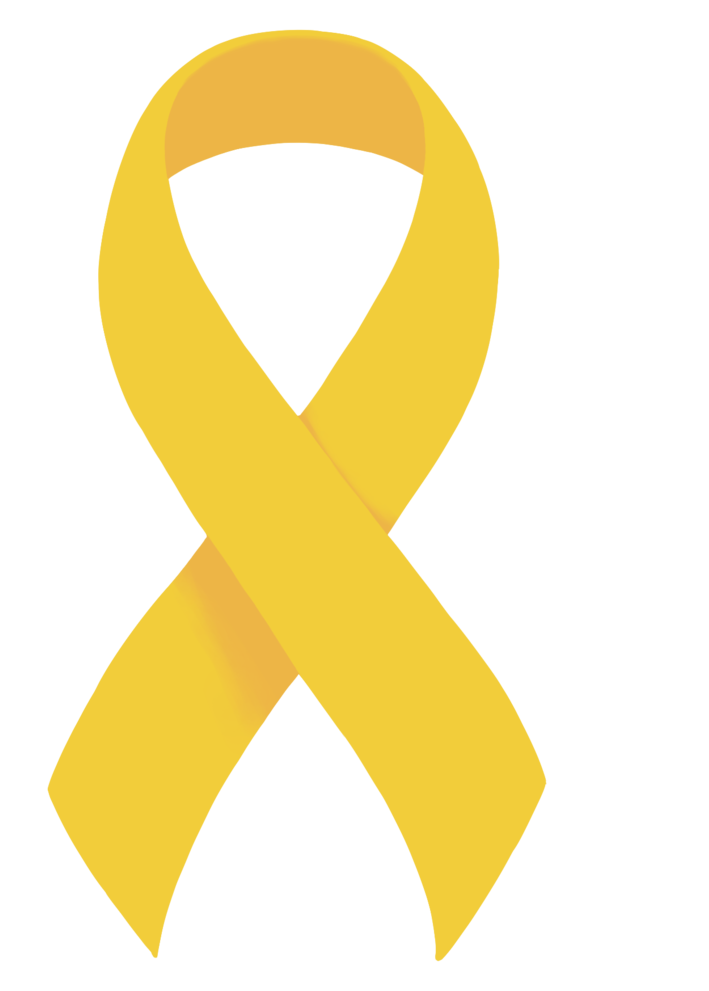Research
My group's major objective is to develop means of bridging the dynamics of biological discoveries and high-school biology education. The leading theme in my academic activities is to adapt practices employed by scientists to the practices by which students and teachers construct their knowledge within the discipline of biology. My hypothesis is that with proper adaptation, the rational reasoning and logic of research processes practiced within the academic scientific community can be embedded in the biology study programs in high school. My ongoing working approach to adapt practices employed by scientists for the teaching and learning of biology is in line with current calls to embody scientific practices into science teaching and learning.










